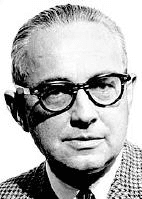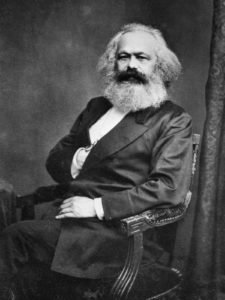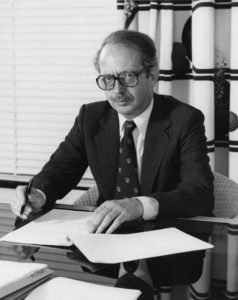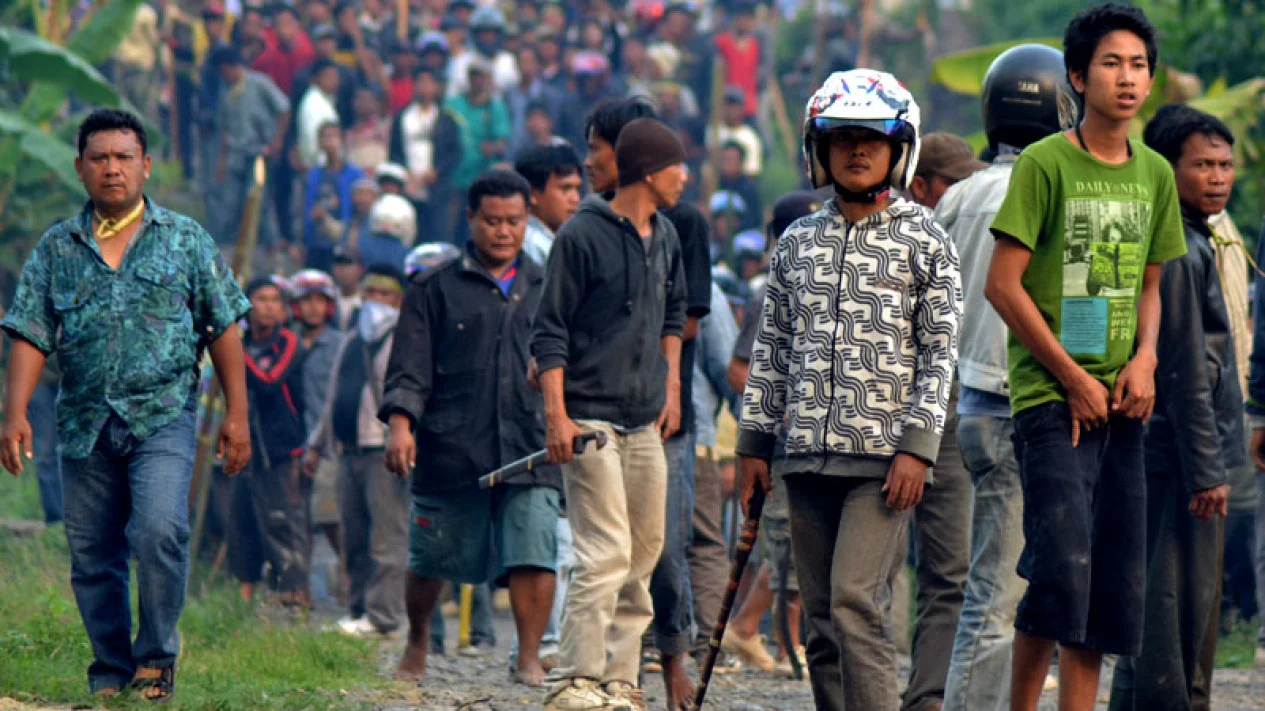From several conflict theories known in sociology, there are two groups, namely first, functional conflict theory and second, class conflict theory.
There are various social groups in society. This diversity can lead to social conflicts that can have an impact on the disruption of the regularity of people’s lives.
Social conflict can be triggered by several things, such as the presence of community members who do not understand the goals of the group or society.
Conflicts that take place in society can also occur between individuals, individuals with groups, and groups with groups.
According to Webster, the term “conflict” in English means a fight, war or struggle, which is a physical conflict between several parties.
The meaning of the word then develops with the inclusion of “sharp disagreements or oppositions over various interests, ideas, ideas, etc.”. So the term “conflict” also touches on the psychological aspect behind the physical conflict itself.
Meanwhile, according to Gurr, the criteria that mark a conflict as a conflict are as follows:
- A conflict must involve two or more parties in it;
- The parties attract each other in mutually opposing actions;
- They usually tend to engage in coercive behavior to confront and destroy the “enemy”;
- The conflicting interactions between the parties are in a definite state, therefore the existence of conflicting events can be easily described by social observers who are not involved in the conflict.
Definition of Social Conflict According to Experts
Several expert opinions regarding the definition of social conflict include:
a. Soerjono Soekanto: Conflict is a social process of individuals or groups of people trying to fulfill their goals by opposing the opposing party accompanied by threats and/or violence.
b. Robert MZ Lawang: Conflict is a struggle for value, status, and power in which their goal is not only to gain advantage, but also to subdue their rivals.
c. Berstein: Conflict is a disagreement or difference that cannot be prevented. This conflict can have a positive or negative influence when interacting with other people.
Social Conflict Theories According to Experts
From several conflict theories known in sociology, there are two groups, namely first, functional conflict theory and second, class conflict theory.
These two groups of theories are rooted in the thoughts of two figures, namely Georg Simmel and Karl Marx. Simmel’s thinking was then followed by Lewis Coser, while Marx was followed by Ralf Dahrendorf.
More fully, the following are theories of social conflict according to experts in the field of sociology:
1. Conflict Theory According to Lewis A. Coser

According to Coser, conflicts that occur in society are caused by lower-level groups who increasingly question the legitimacy of the existence of the distribution of resources. rare source.
Coser considers that conflict is not always negative, but conflict can strengthen and establish harmony within a group.
Three factors that influence the duration of a conflict in society are as follows:
a. The breadth and narrowness of the goals of social conflict.
b. There is knowledge and defeat in conflict.
c. There is a leader’s role in understanding the costs of conflict and persuading followers.
Conflict can maintain intergroup relations and reinforce group identity. The benefits of conflict according to Coser, are as follows:
a. Conflict can be a medium for communication.
b. Conflict can strengthen group solidarity.
c. Conflicts with other groups can produce solidarity within the group and that
solidarity can lead to alliances with other groups.
d. Conflict can cause isolated community members to play an active role.
Then, Coser classifies social conflicts into two types, namely realistic conflicts and non-realistic conflicts.
a. Realistic Conflict Realistic
conflict is a conflict that comes from individual or group disappointment over the demands or estimates of benefits that occur in social relationships.
b. Non-Realistic
Conflict Non-realistic conflict is conflict that stems not from conflicting rival goals, but from a need to defuse tension.
2. Conflict Theory According to Karl Marx

Karl Marx has a view of social conflict as a class struggle. Communities in conflict are dominated by dominant groups.
The existence of a more dominant party appears the party in power with the party being controlled. The two parties have different or conflicting interests that can lead to conflict.
In Karl Marx’s theory, there are several facts as follows:
a. The existence of a class structure in society
b. There are conflicting economic interests among people who are in different classes.
c. There is a great influence seen from the economic class on a person’s lifestyle.
d. There are various effects of class conflict in causing changes in social structure.
3. Conflict Theory According to Ralf Dahrendorf

Dahrendorf sees conflict theory as a partial theory used to analyze social phenomena.
Dahrendorf sees society as having two different sides, namely conflict and cooperation. Dahrendorf uses Marxian theory of class struggle to build a theory of class and class struggle in contemporary industrial society.
The class struggle in modern society lies in the control of power.

